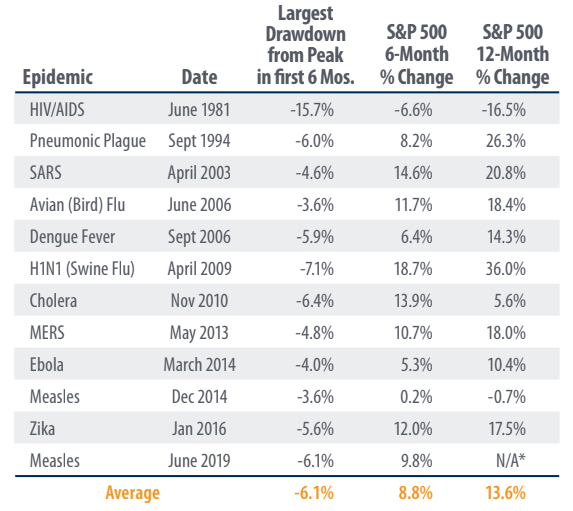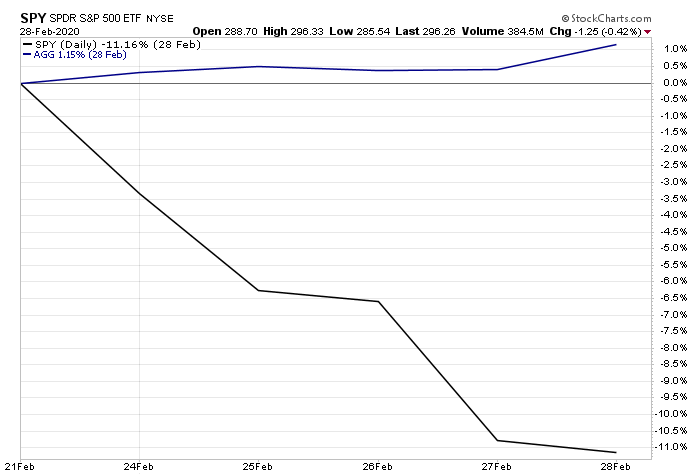Young Investor’s Guide to Building a Financial Future—Part 1: Where Do You Start?
The future looks bright for younger investors. A 2024 analysis by the Investment Company Institute found that, adjusted for inflation, Gen Zers have nearly three times more retirement assets than Gen Xers did at the same age. This shift is largely due to improvements in the retirement system, such as 401(k)s and employee stock purchase plans.
For new investors, getting started can be overwhelming. With so much information out there, it can be hard to know where to start. The good news is that understanding a few basic principles can set you on the path to a healthy financial future.
In this first of a two-part series, we’ll cover three key concepts for young investors:
- Getting started on the right foot by avoiding debt
- Embracing the power of long-term investing
- Making the most of tax-advantaged accounts
Avoid the Vicious Cycle of Credit Card Debt
Debt impacts your financial life, reducing money available for future growth. Every dollar spent on paying down a credit card bill or car loan is one less dollar that can grow for your future. Minimizing bad debt is essential for a strong financial future.
Not all debt is bad. Low-interest student loans and reasonable mortgages can be beneficial as you can follow a career path or build equity. However, high-interest credit card debt can quickly become expensive and hinder your ability to save and invest.
Credit card debt is particularly harmful due to high interest rates, often around 20% or more. If you carry a balance, interest accrues, and making only minimum payments means your debt grows over time. For example, let’s say you have $1,000 in debt on a credit card with a 20% interest rate. If you only make minimum payments of 2%, it will take you 195 months—more than 16 years—just to pay off this single debt. In that time, you will have paid $2,126.15 in interest—more than double the amount of your original debt.
In short:
Use high-interest debt cautiously and pay off your credit card balance quickly. This avoids debt cycles and frees up cash for saving and investing.
Stay Invested for the Long Haul
As a young investor, you may have limited funds, but you have plenty of time. Decades until retirement mean your modest investments can grow significantly.
This growth is due to compounding returns—earning returns on your returns. The longer your money is invested, the more it benefits from exponential growth. In tax-advantaged retirement accounts, these benefits are magnified as tax-deferred and tax-free growth allows even more money to compound over time.
In short:
The longer you stay invested, the more your investments can grow exponentially, thanks to compounding returns.
Make the Most of Tax-Advantaged Retirement Accounts
The government incentivizes saving for the future by offering substantial tax benefits through retirement savings plans like 401(k)s and individual retirement accounts (IRAs).
Employer-sponsored plans such as 401(k)s allow you to contribute pretax income, with a maximum contribution of $23,000 in 2024. Additionally, many employers match your contributions, essentially offering free money. Contribute enough to receive these matches to maximize your benefits.
During tax season, neither your contributions nor your employer’s contributions are taxed as income, and investments within the account grow tax-deferred. You won’t have to pay any taxes until you start taking withdrawals from that account, encouraging the growth of your savings through compounding. Eventual withdrawals are taxed at ordinary income tax rates and withdrawing before age 59½ may incur a 10% penalty on top of regular taxes.
If you want to save even more, consider traditional IRAs, which also permit pre-tax contributions (up to $7,000 in 2024). Like 401(k)s, investments in traditional IRAs grow tax-deferred, with withdrawals taxed as ordinary income.
Alternatively, there is one other account: Roth IRAs. Unlike traditional IRAs, Roth IRA contributions are after-tax, meaning contributions aren’t tax-deductible, but withdrawals in retirement are tax-free. This arrangement is advantageous, especially for younger investors in lower income tax brackets, as investments grow tax-free. After your account has been open for five years, you can access your principal contributions penalty-free. However, withdrawing investment gains before age 59½ may incur penalties. Nonetheless, it’s essential to view retirement funds as a last-resort resource and prioritize long-term saving goals over short-term needs.
In short:
Maximize contributions to retirement plans to leverage their tax-sheltered growth. and take full advantage of employer matching contributions to optimize benefits.
Next up, we’ll take a look at the importance of building a diversified investment portfolio, why speculating can harm your long-term prospects, and how to build an investment plan that meets your individual goals.
Interested in learning more about how to take the first steps toward meeting your personal financial goals? Reach out to set up a time, and let’s talk.

Bryan Cassick, MBA, CFP®
Wealth Advisor, Warren Street Wealth Advisors
Investment Advisor Representative, Warren Street Wealth Advisors, LLC., a Registered Investment Advisor
The information presented here represents opinions and is not meant as personal or actionable advice to any individual, corporation, or other entity. Any investments discussed carry unique risks and should be carefully considered and reviewed by you and your financial professional. Nothing in this document is a solicitation to buy or sell any securities, or an attempt to furnish personal investment advice. Warren Street Wealth Advisors may own securities referenced in this document. Due to the static nature of content, securities held may change over time and current trades may be contrary to outdated publications. Form ADV available upon request 714-876-6200.







